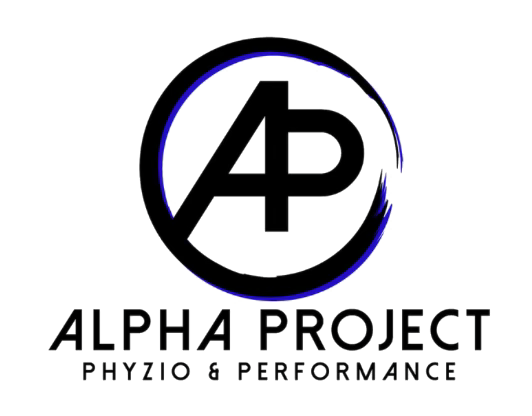#1 Thing I Treat in Pregnant Women: Pelvic Floor Muscle Tightness
As a pelvic floor physical therapist, I often treat women during pregnancy. Sometimes, women question if they should just wait until after they give birth to start pelvic floor PT. My answer to this is, the sooner, the better!
Treating during and even before pregnancy will help prepare the body for a strong pregnancy and postpartum period. It can also help improve the birthing process and reduce risk of tearing. If you are wondering what pelvic floor physical therapy can do for you while pregnant, then keep reading!
#1 Thing I Treat During Pregnancy:
The number one thing I treat during pregnancy is pelvic floor muscle tightness! Supporting organs (bladder, rectum, uterus) is one of the jobs of the pelvic floor muscles.
As a baby grows, the uterus gets much heavier, and the pelvic floor has to work harder to support the extra mass. This can lead to overworked muscles, causing them to tighten up, which, in turn, leads to many pregnancy pains, including hips, groin, and lower back.
It also is not conducive for the birthing process to have tight muscles. Trying to push out a baby with the muscles being tight is like squeezing a tube of toothpaste with the cap on.
Pregnancy Pains:
If a pregnant woman is not coming in for only birth prep, she is commonly experiencing hip pain, back pain, groin pain, etc. These pains, as mentioned above, can all be derived from tight pelvic floor muscles, and learning to relax the muscles can provide great relief. The pains can also be derived from postural changes with pregnancy, underlying muscle weaknesses, and mobility deficits.
Diastasis Recti:
Diastasis Recti is the other reason that pregnant women will commonly see me. During pregnancy, sometimes women start to see coning or doming in their abdomen, a telltale sign of diastasis recti.
Diastasis recti refers to when the left and right abdominal muscles are a little too far apart from each other, and this causes the core not to function optimally. This can lead to low back pain and exercise concerns. Diastasis is typically derived from a combination of muscle weaknesses and tightness within the body.
Pelvic Floor PT for Pregnancy
Whether your concerns during pregnancy include pain, diastasis, or preparing for the birthing process and postpartum recovery, pelvic floor physical therapy is an excellent starting point to meet these goals.
We will do a musculoskeletal assessment of your hips, back, etc, and also of the pelvic floor muscles. From here, we can target your deficits and reach your goals. Talk to one of our pelvic floor experts today!


